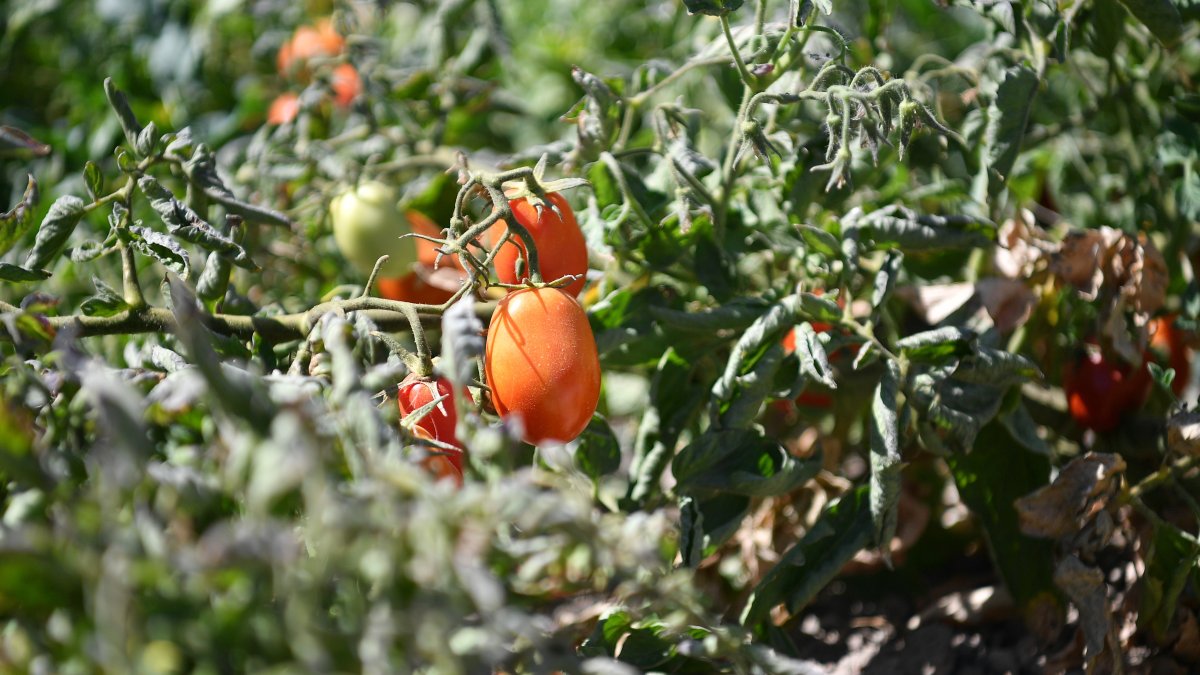Türkiye’s exports of organic products exceeded 1 billion euros ($1.16 billion) last year, a chairperson of an association said Monday, highlighting strong performance in the organic textiles sector.
“Approximately 500 million euros of this is organic food products, and 500 million euros is organic textile products. We are also a very strong country in organic textiles,” said Muharrem Doğan, chairperson of the board of the Organic Product Manufacturers and Industrialists Association (ORGÜDER).
Speaking to Anadolu Agency (AA), Doğan recalled that organic food production in Türkiye began nearly 30 years ago. He said the process started with foreign producers and brand owners coming to Türkiye to produce contractual products and later grew year by year with the support of local companies, producers, and the Agriculture and Forestry Ministry.
Doğan highlighted that Türkiye ranks well globally in the organic food sector. “Our story, which started with 16 products in 1986, now continues with over 270 organic products,” he said.
“Our estimated annual production is at the level of 2 million tons, and we export 85% of our production. We are a sector that positively contributes to the current account deficit,” he added.
Continuing his remarks, he pointed to exports. “As of the end of 2024, based on the data we have gathered, we can say that our exports of organic products are over 1 billion euros.”
“But we need to essentially divide this into two different categories. Approximately 500 million euros of this is organic food products, and 500 million euros is organic textile products,” he said.
“We are indeed a very strong country in organic textiles as well. Organic textile is a process starting from cotton. You then turn it into yarn and turn it into fabric. You can either export it as semi-finished goods or make dresses or trousers,” he added.
Doğan said Türkiye mainly exports fresh fruits and vegetables and dried fruits and vegetables to Europe, as well as grains and wheat. In the U.S., the portfolio mainly consists of oilseeds, grains, and pulses, he said.
He also said the U.S., Germany, the Netherlands, France, and the U.K. are among the top countries importing Türkiye’s organic products, noting that 50%-60% of lentils, chickpeas, and beans in Europe’s national chain supermarkets come from Türkiye.
Similarly, he said Türkiye has begun notable organic product exports to the Gulf region in the past six to seven years.
Doğan noted that organic eggs are particularly strong in branded exports to the Gulf countries. “Currently, if you look at the total of the Gulf region countries, Turkish organic eggs have a market share of over 70%,” he said.
“Our market entry was in 2016-2017. Before that, Europeans had a very serious hegemony. Especially, French and Italian producers were very dominant,” he elaborated.
“After we entered the market, thanks to the proximity brought by our geography, the favor shown towards Turkish products there, and, at the same time, serious marketing support, we currently hold 70% of the total market for organic eggs,” he added.
Finally, Doğan drew attention to perceptions among citizens about the organic status of some products. He emphasized the importance of differentiating terms such as “natural,” “farm,” or “village” on products, explaining that it does not necessarily mean such products are indeed “organic.”

